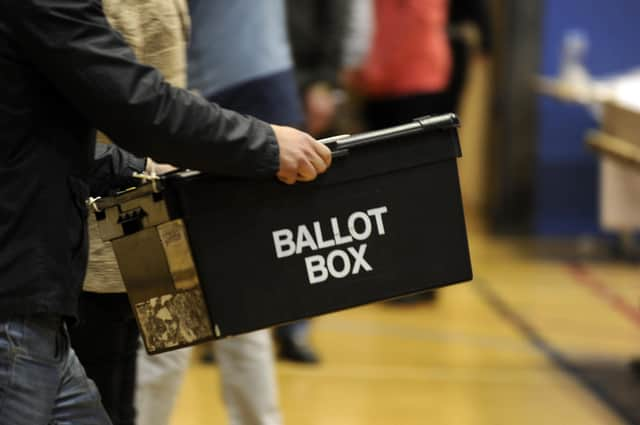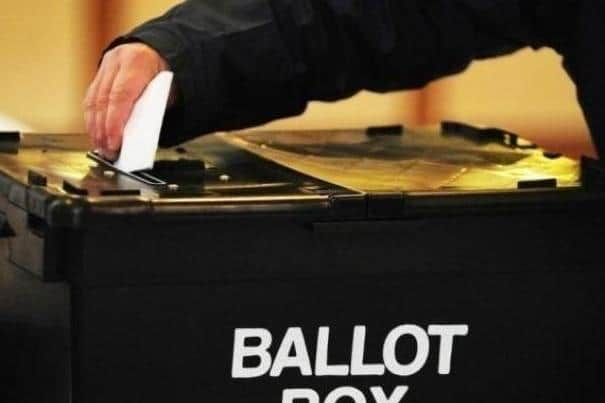‘First past the post’ elections lead to bad government and are undemocratic – Yorkshire Post Letters


MANY are angry and depressed by the dishonesty, corruption, incompetence, and hypocrisy of our national government. Many, including apologists, state that the focus should be on rising hunger, poverty, inequality of opportunity and crises in the NHS and care services.
Many are, rightly, concerned by external crises in Afghanistan, Ukraine and the fall-out from Brexit. The behaviour of some MPs is appalling, destructive and frequently useless or self-serving; for example, Owen Paterson and the PM’s attempt to force a rule change.
Advertisement
Hide AdAdvertisement
Hide AdThe worst stems from a sense of entitlement and the narcissistic sociopathy of some; however, it is wrong and defeatist to believe that “they are all the same” or that nothing can be done. There are many excellent MPs and candidates who would be excellent given the opportunity. It is significant that MPs representing marginal constituencies are more attentive to the needs and views of their constituents than those with safe seats.


Our first past the post (FPTP) voting system rewards the worst. Leaders of winning parties overestimate their righteousness as Tony Blair did with Iraq, and Margaret Thatcher with the poll tax.
FPTP encourages divisiveness, discreditation of others and discourages co-operation. Essential, potentially unpopular decisions like social care or energy policy get deferred – a gross abdication of responsibility. FPTP drives ideological swings such as that between nationalisation and privatisation or endless NHS reorganisations.
A small number of swing voters in marginal constituencies determine the government. Had only 533 people voted differently in 2017, we would have had a majority government instead of a hung parliament.
Advertisement
Hide AdAdvertisement
Hide AdFPTP is inherently unfair. The Brexit Party had 600,000 votes but no MP. Labour needed over 50,000 votes for an MP, but the Conservatives only 38,000. The SNP only needed 26,000 votes but the Green Party, with 800,000 votes, has only one MP. Many believe their votes do not count.
The Conservative’s 80-seat majority is based on only 43.6 per cent of the votes. In 2019 they gained an extra 48 seats with only a 1.2 per cent increase in votes. The most stable states in the world (Sweden, Switzerland, Norway, Finland and Denmark) all use PR; the only other European country which uses FPTP is a dictatorship: Belarus. We need PR to improve our lives.
Support The Yorkshire Post and become a subscriber today. Your subscription will help us to continue to bring quality news to the people of Yorkshire. In return, you’ll see fewer ads on site, get free access to our app, receive exclusive members-only offers and access to all premium content and columns. Click here to subscribe.
Comment Guidelines
National World encourages reader discussion on our stories. User feedback, insights and back-and-forth exchanges add a rich layer of context to reporting. Please review our Community Guidelines before commenting.